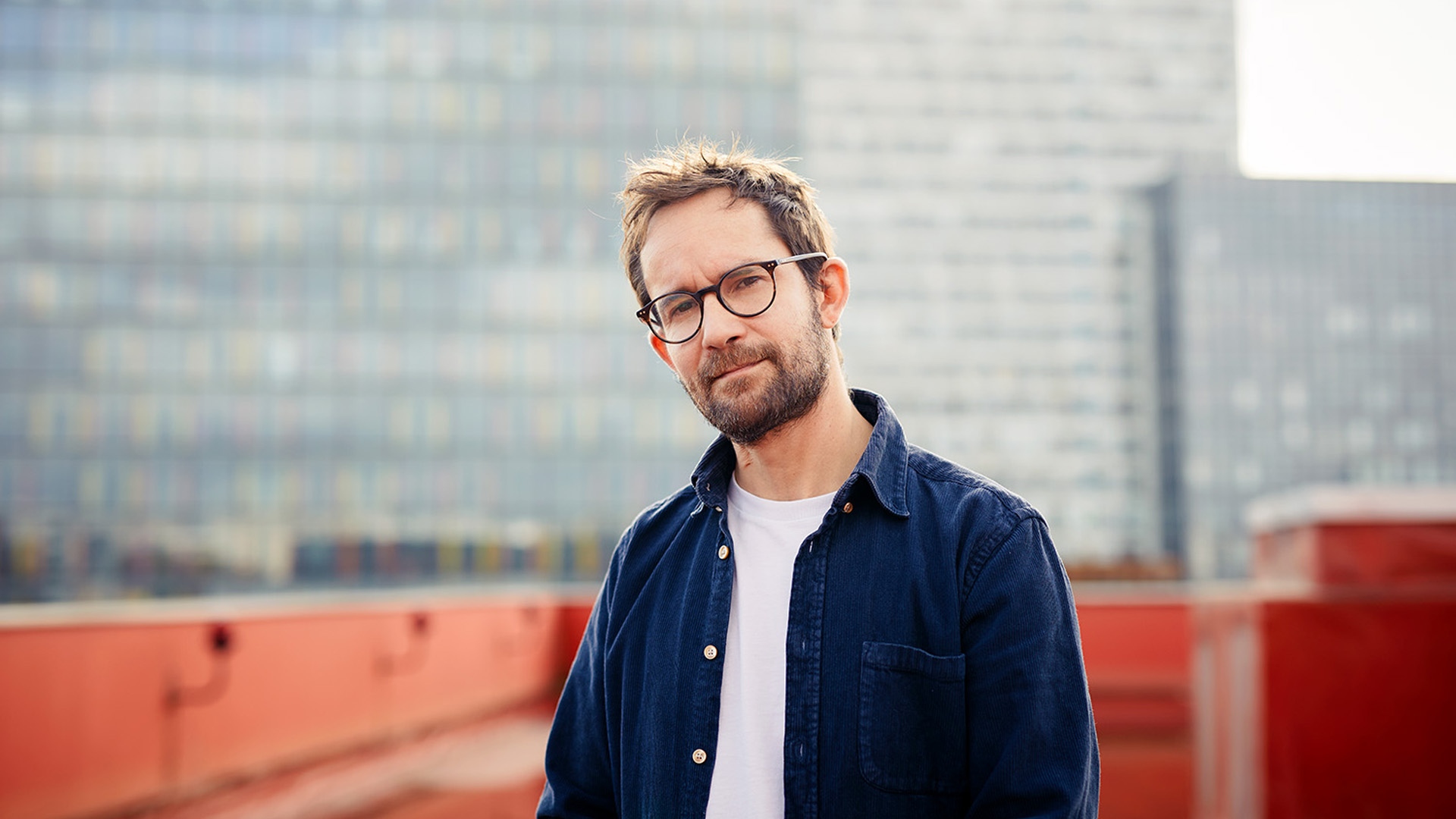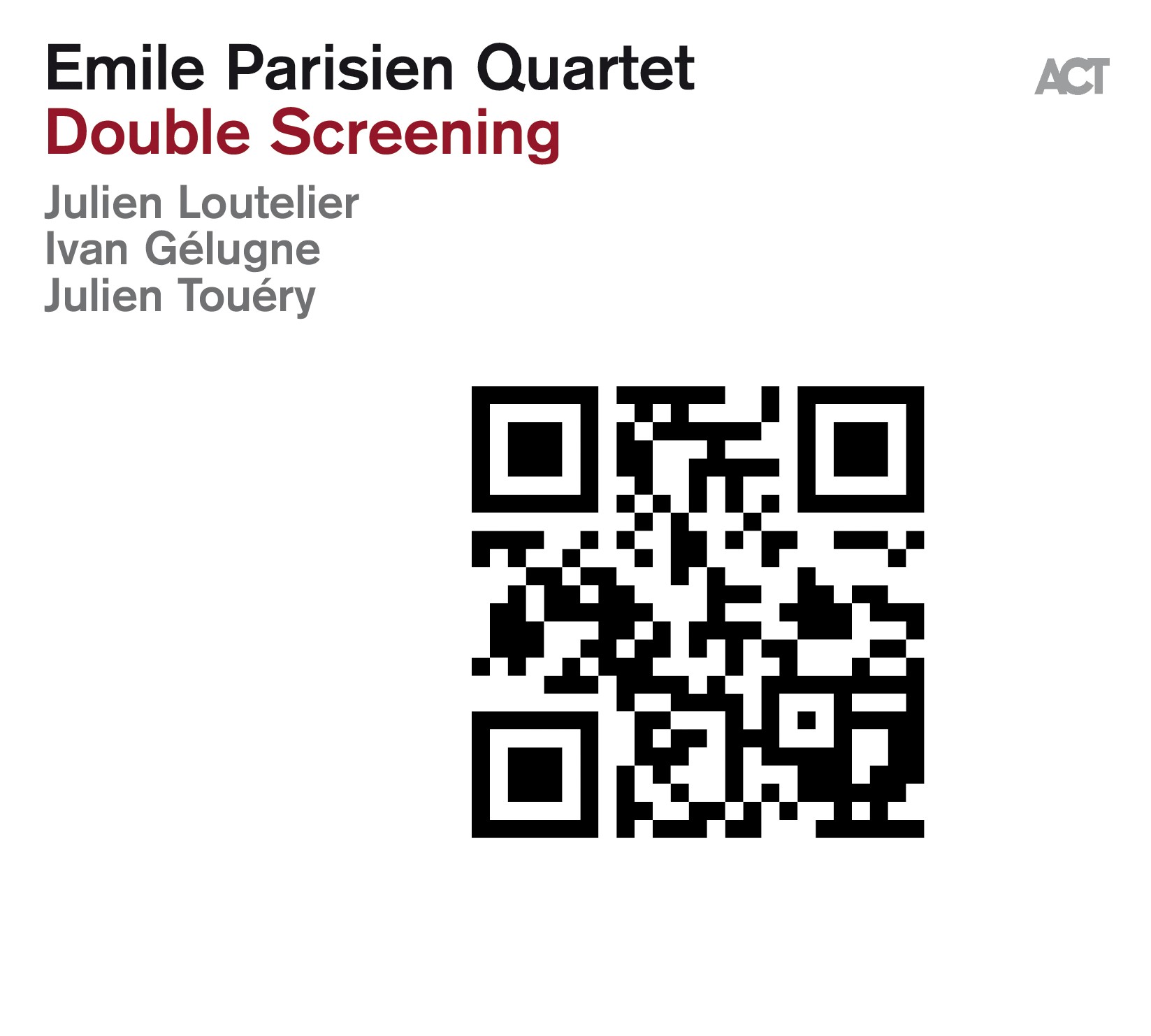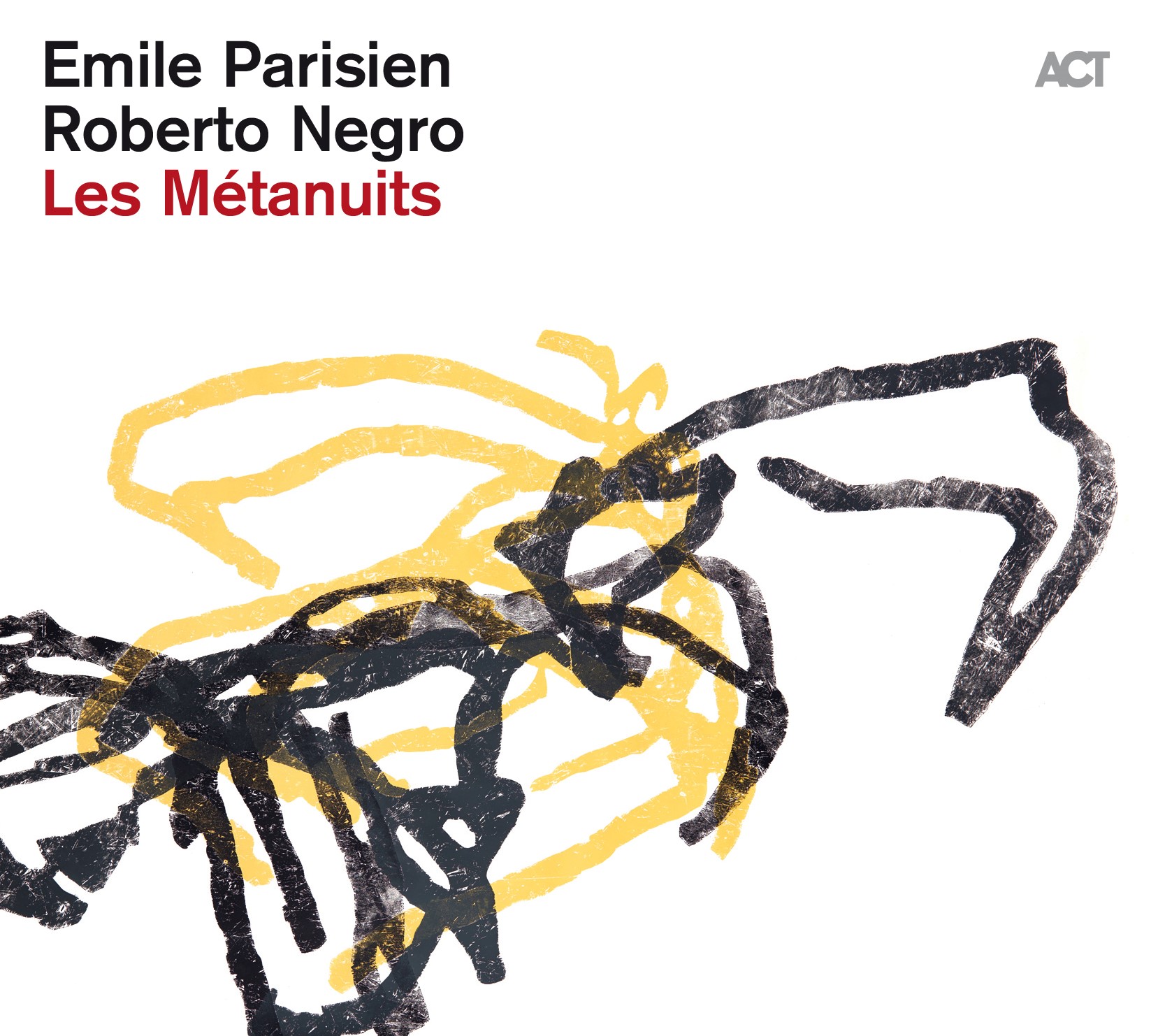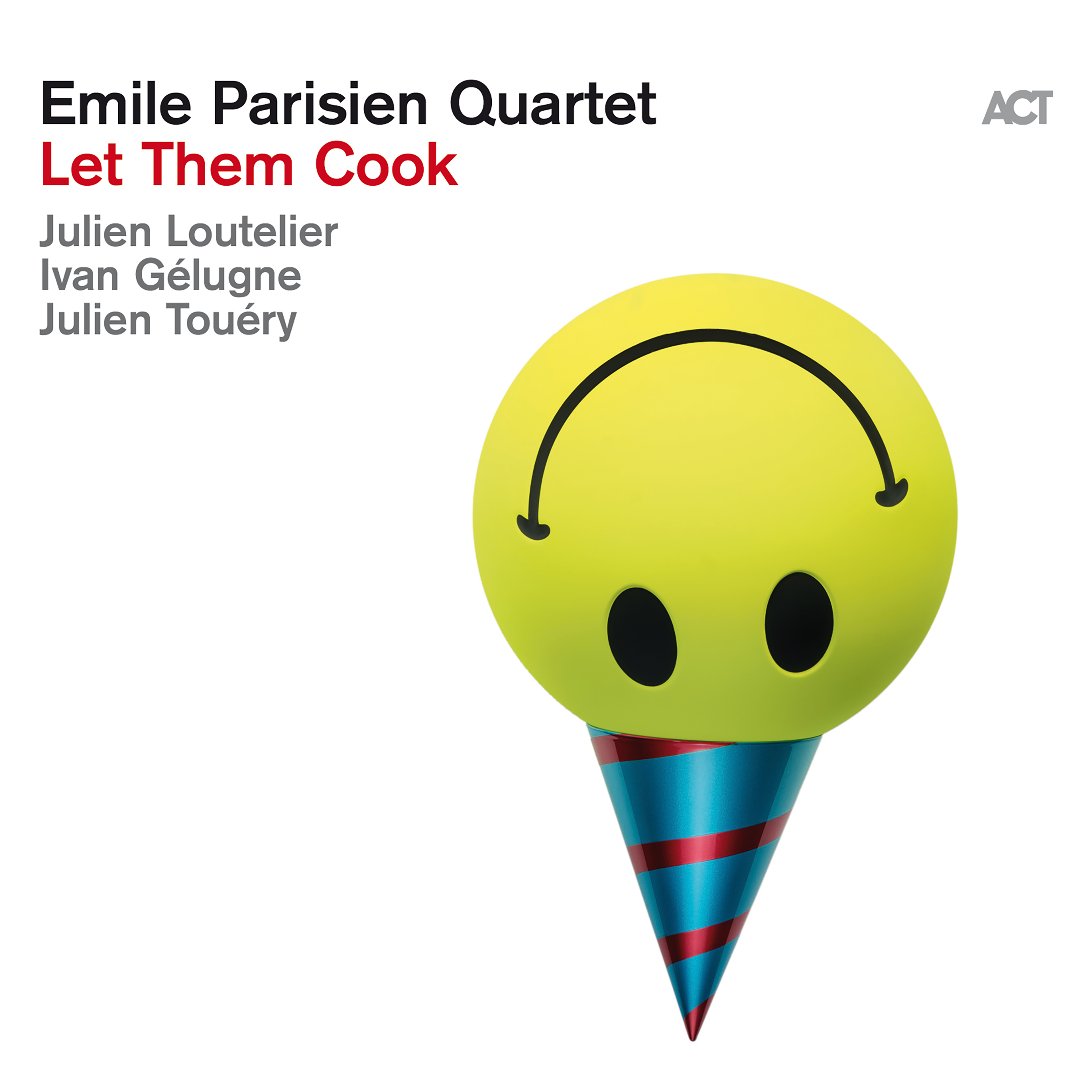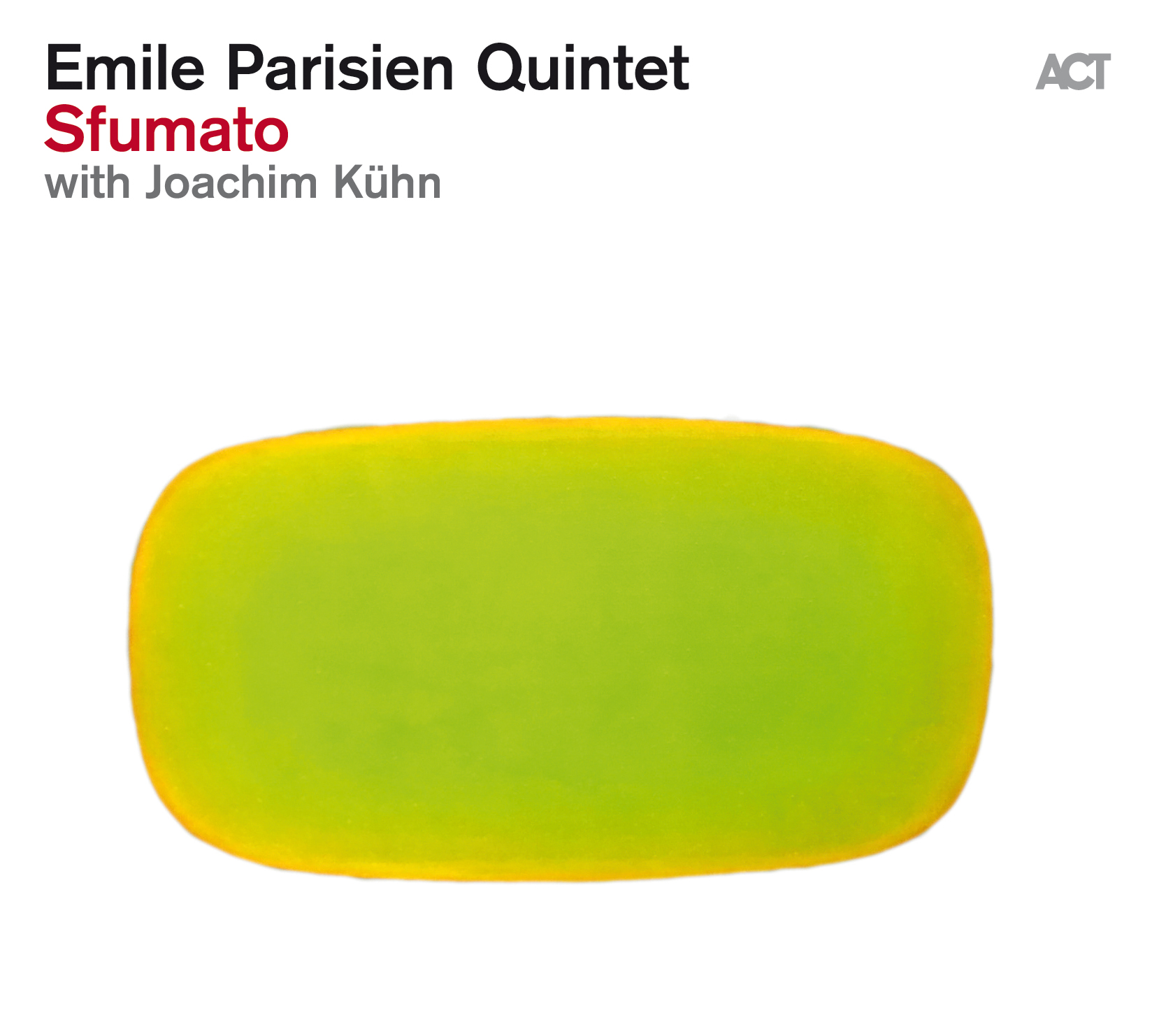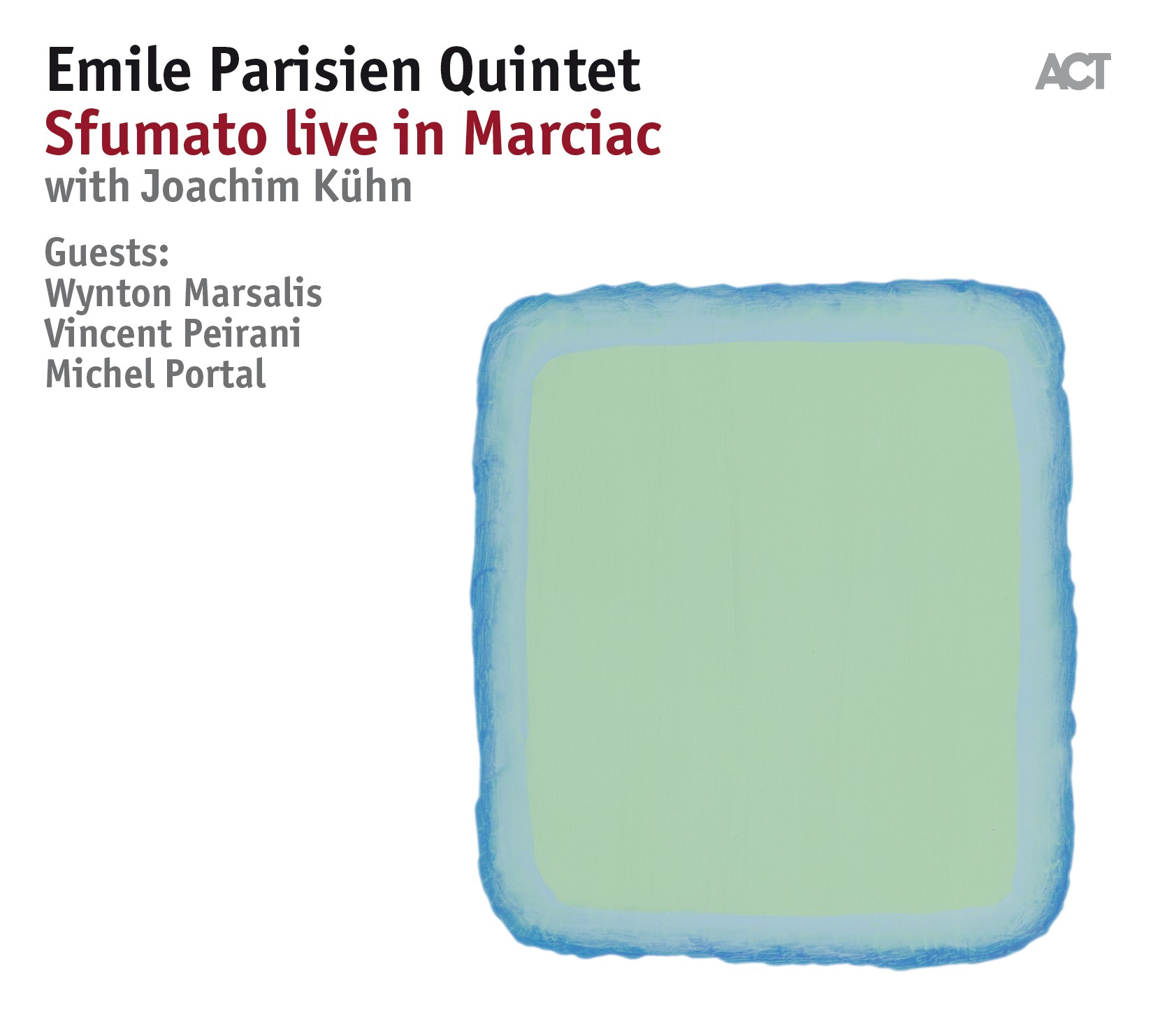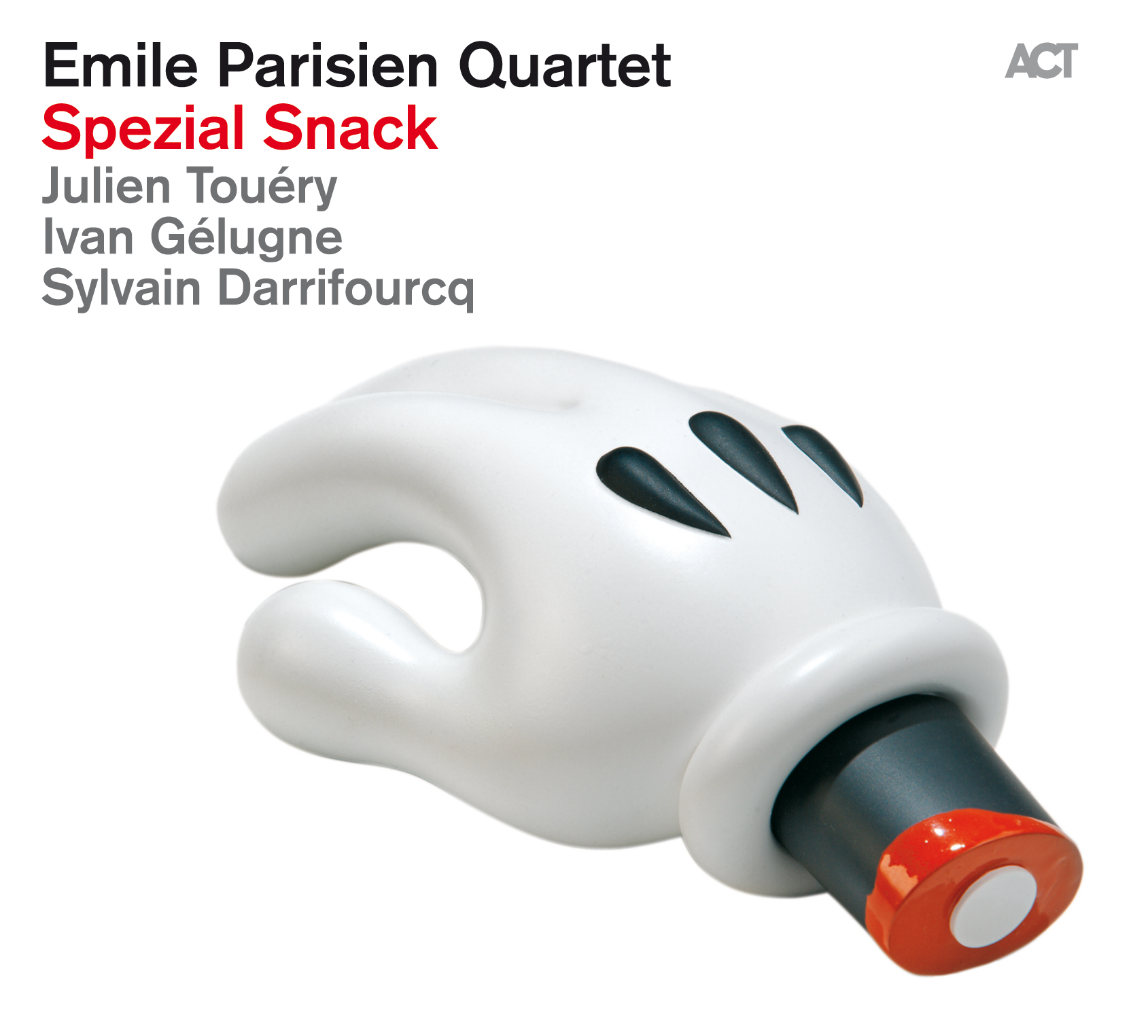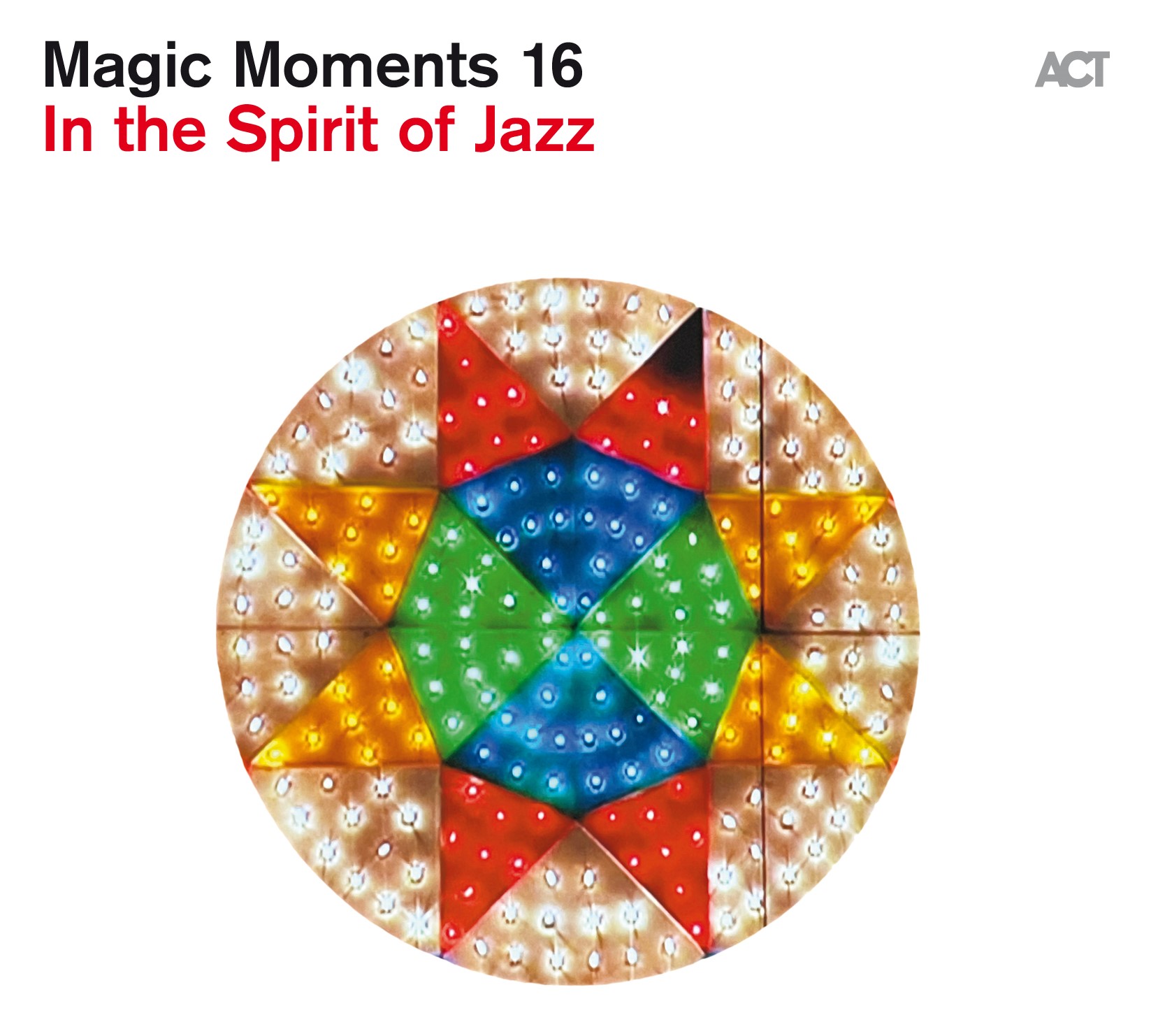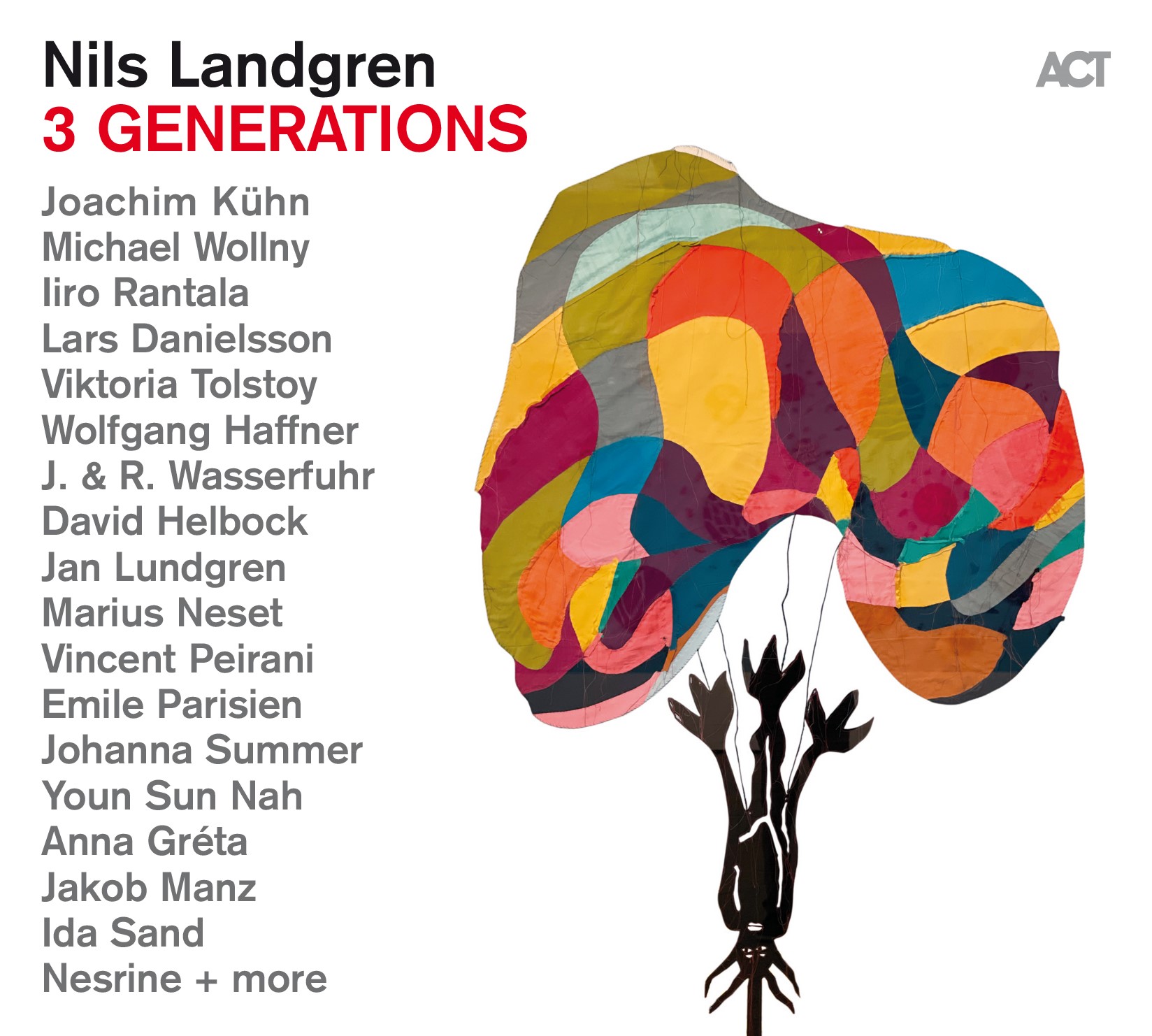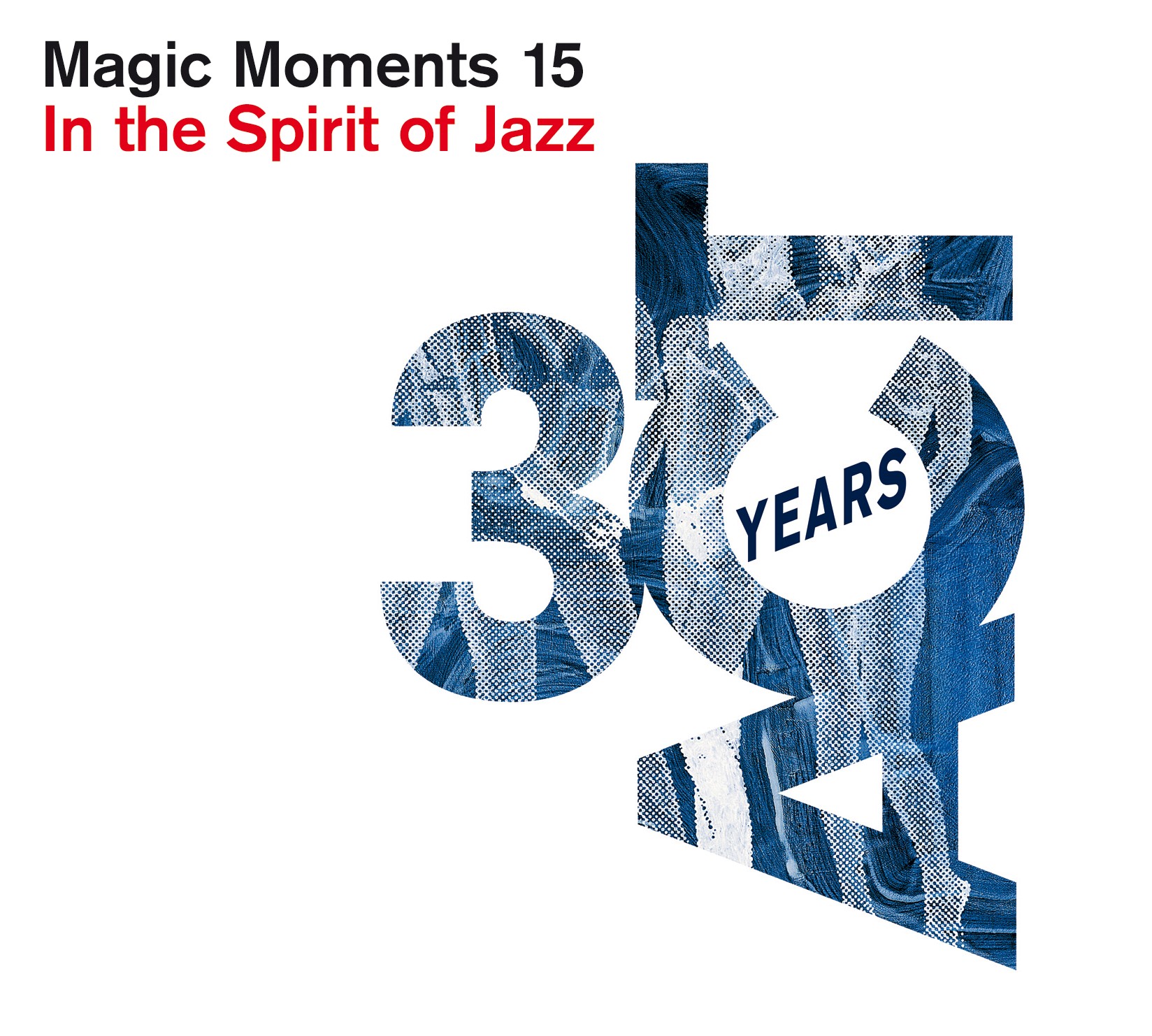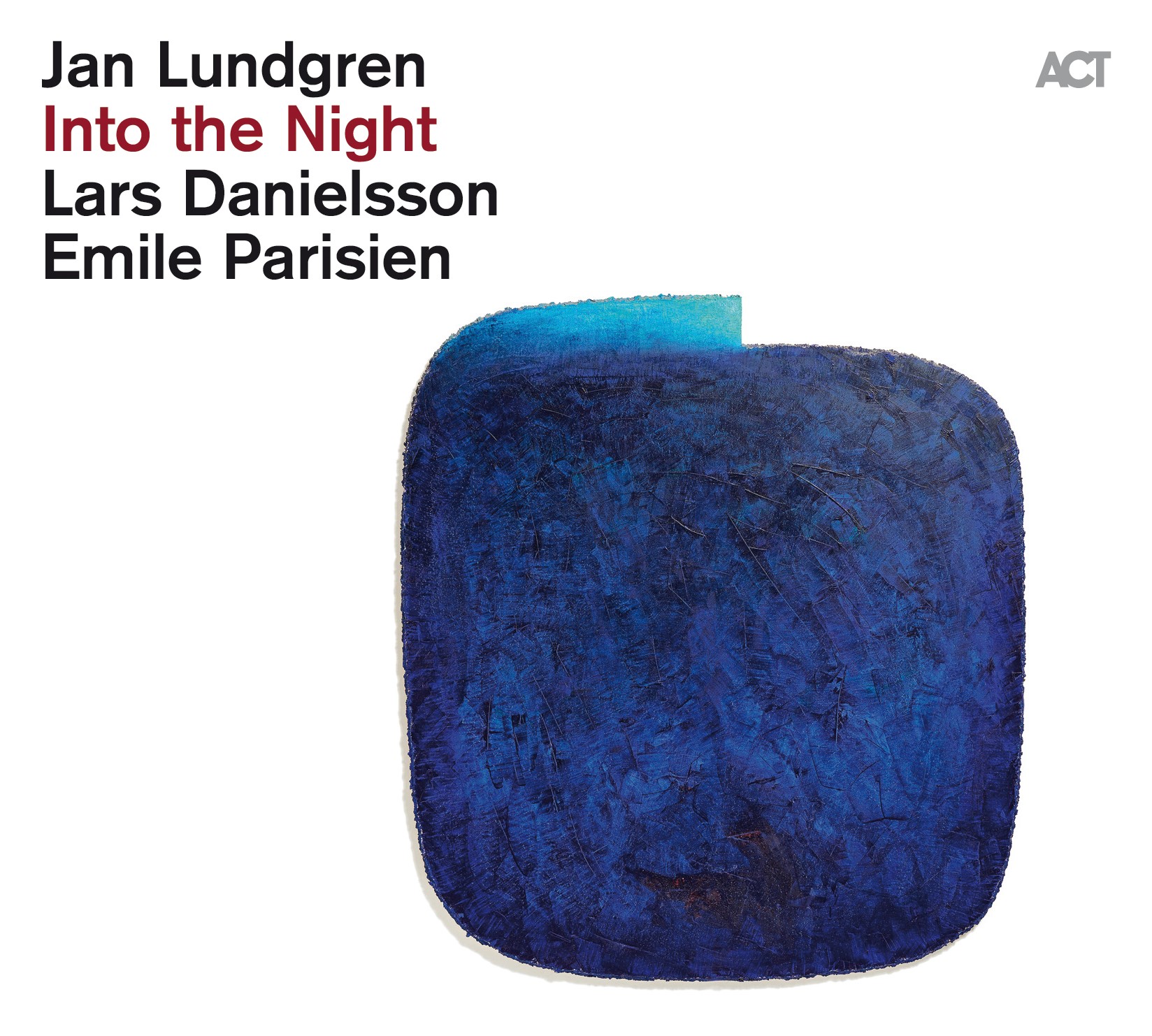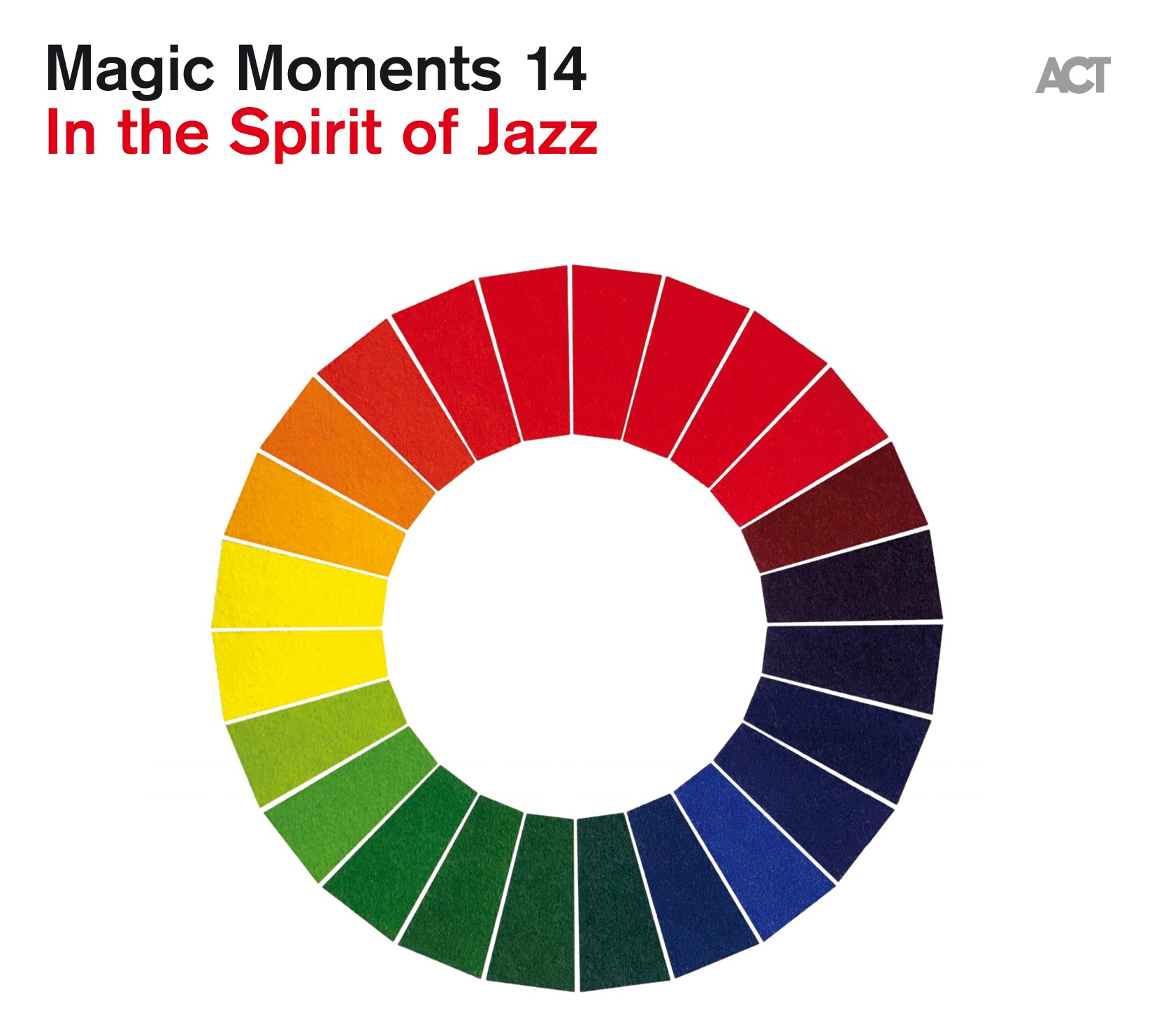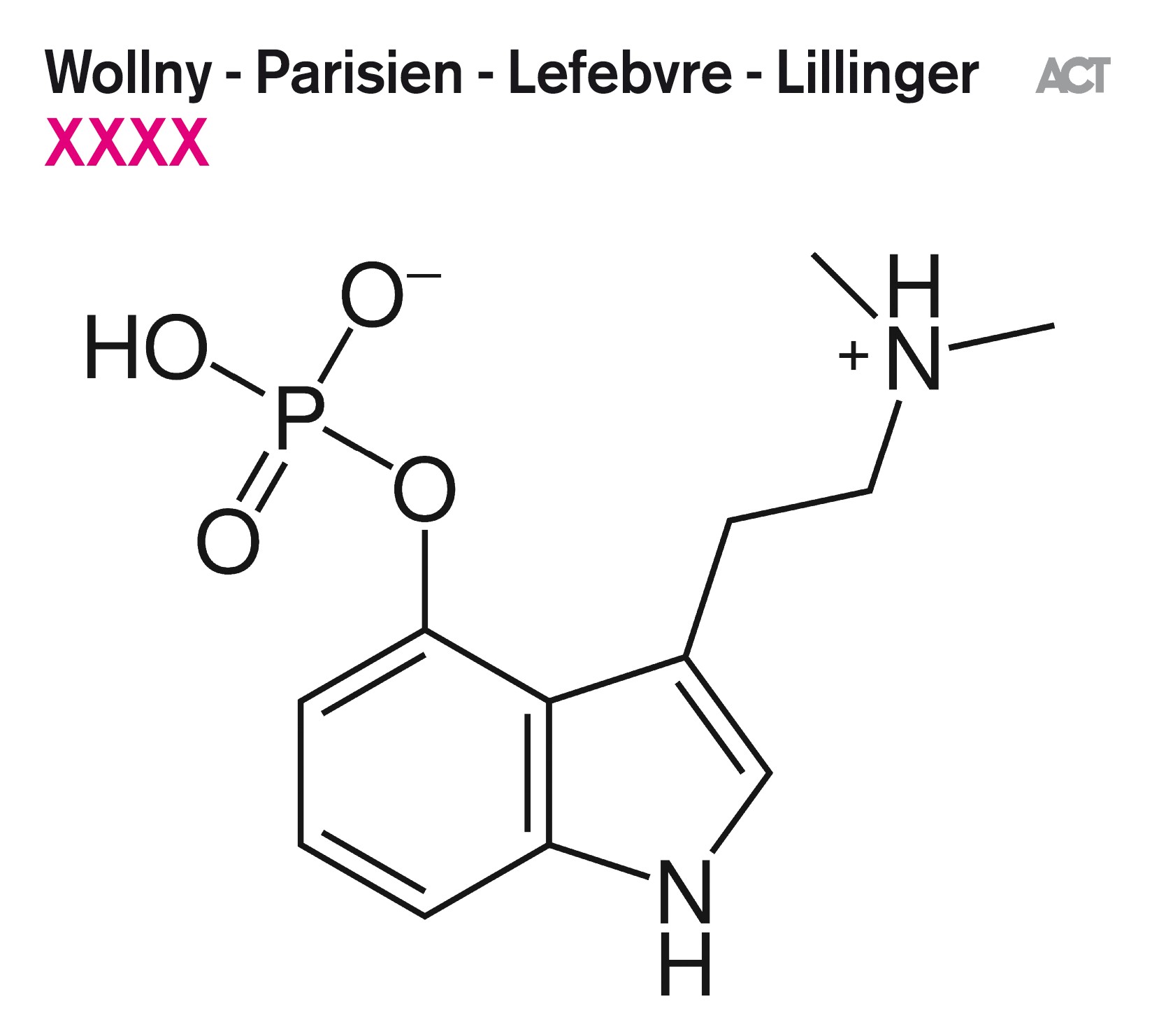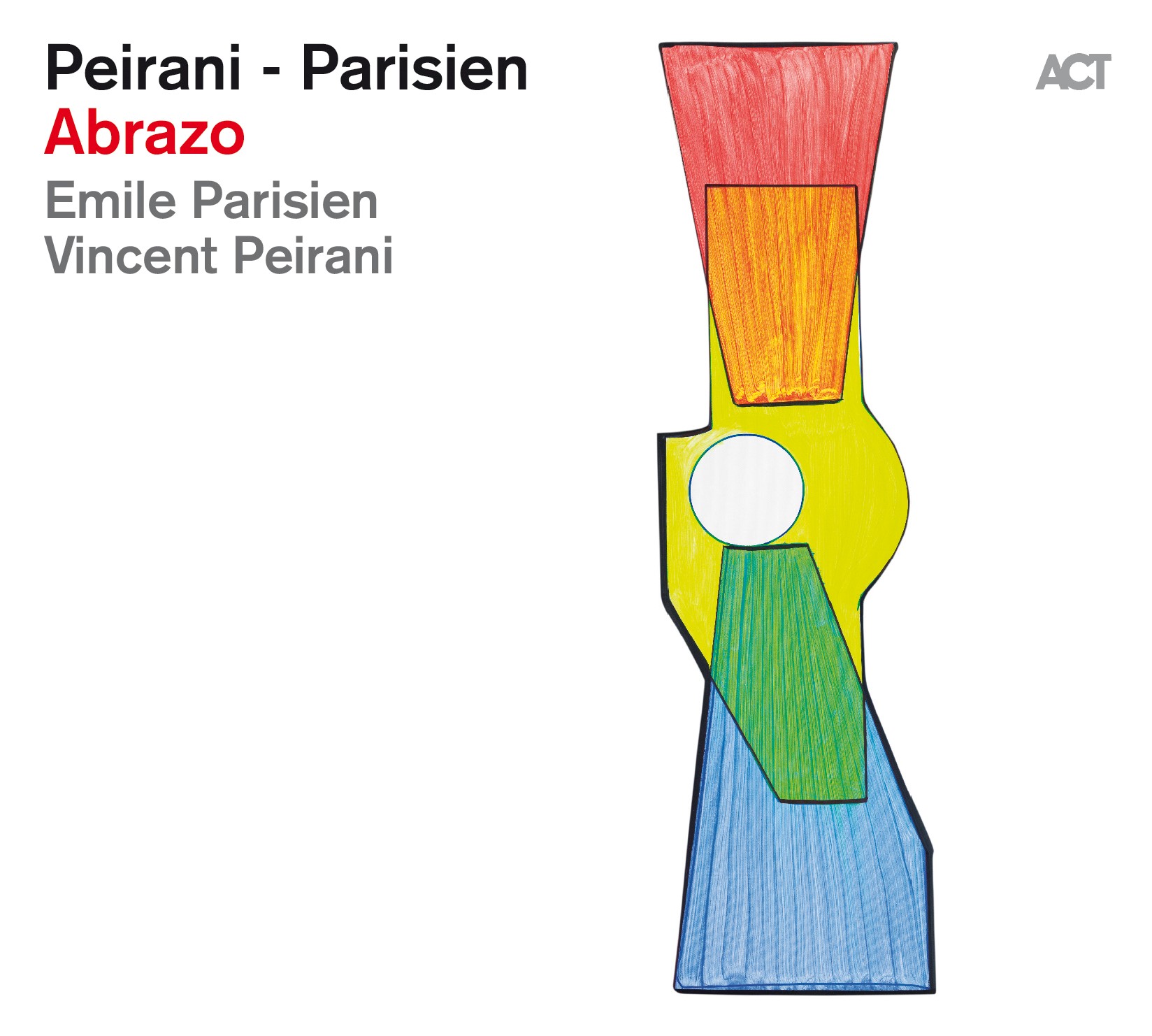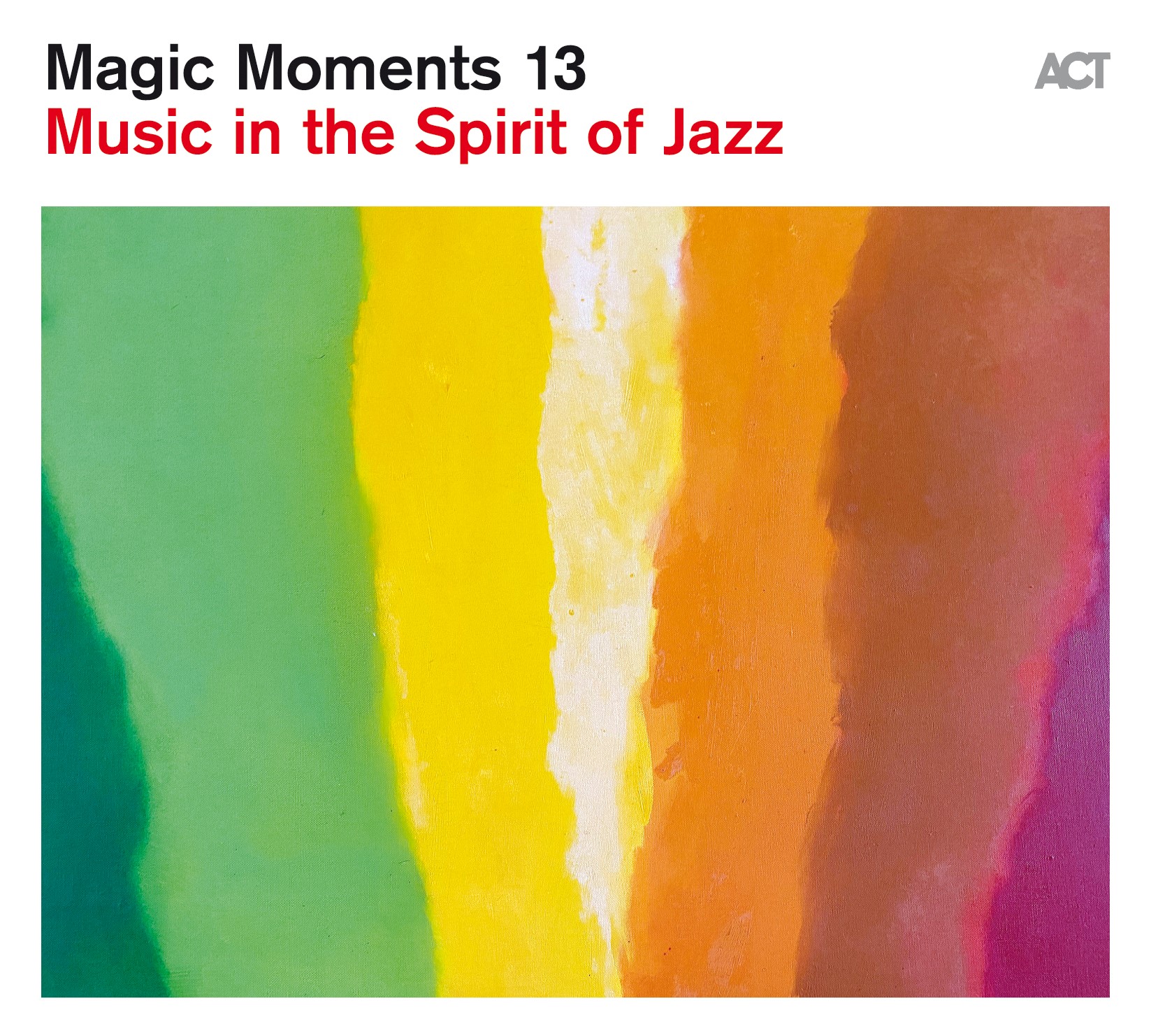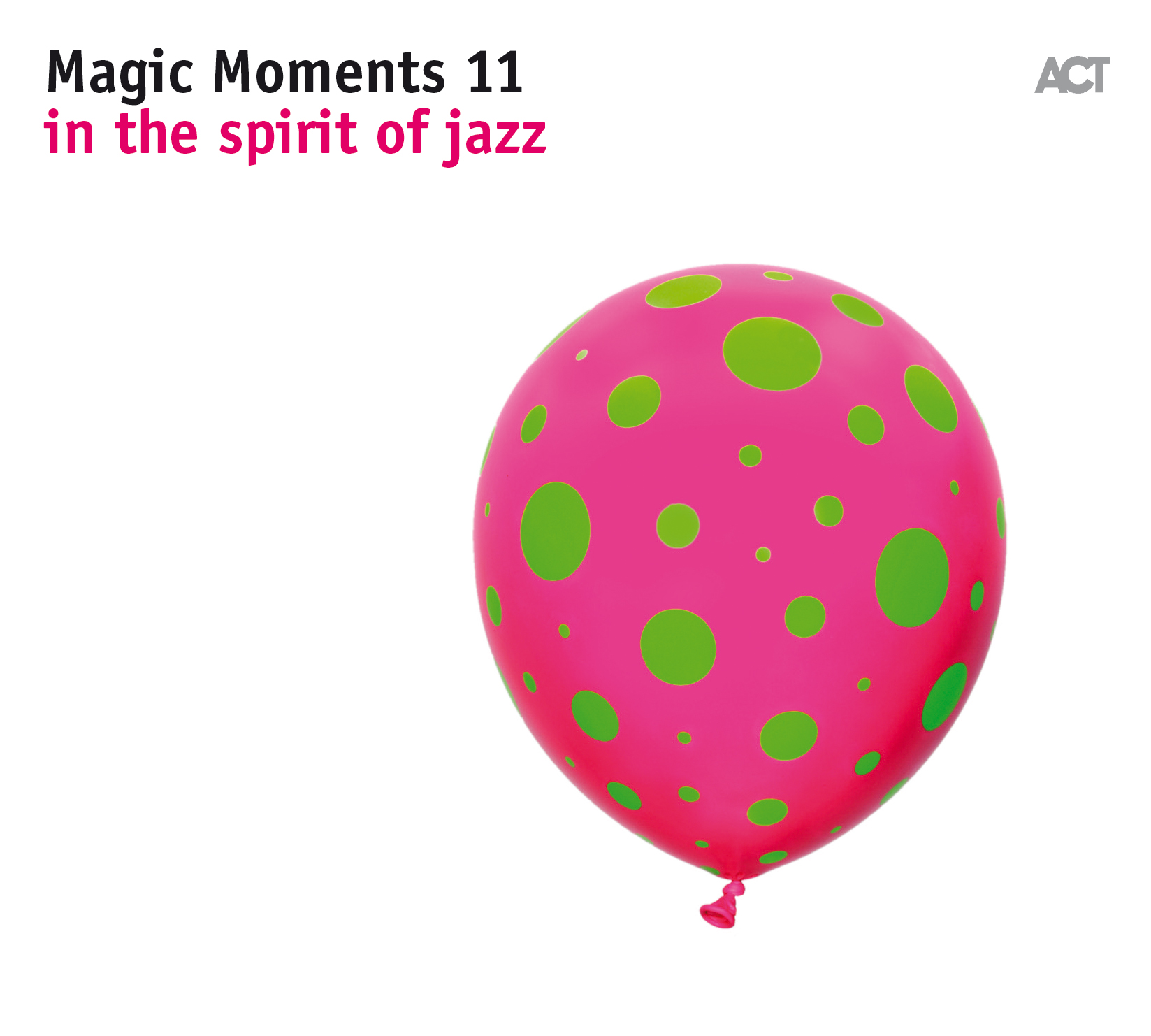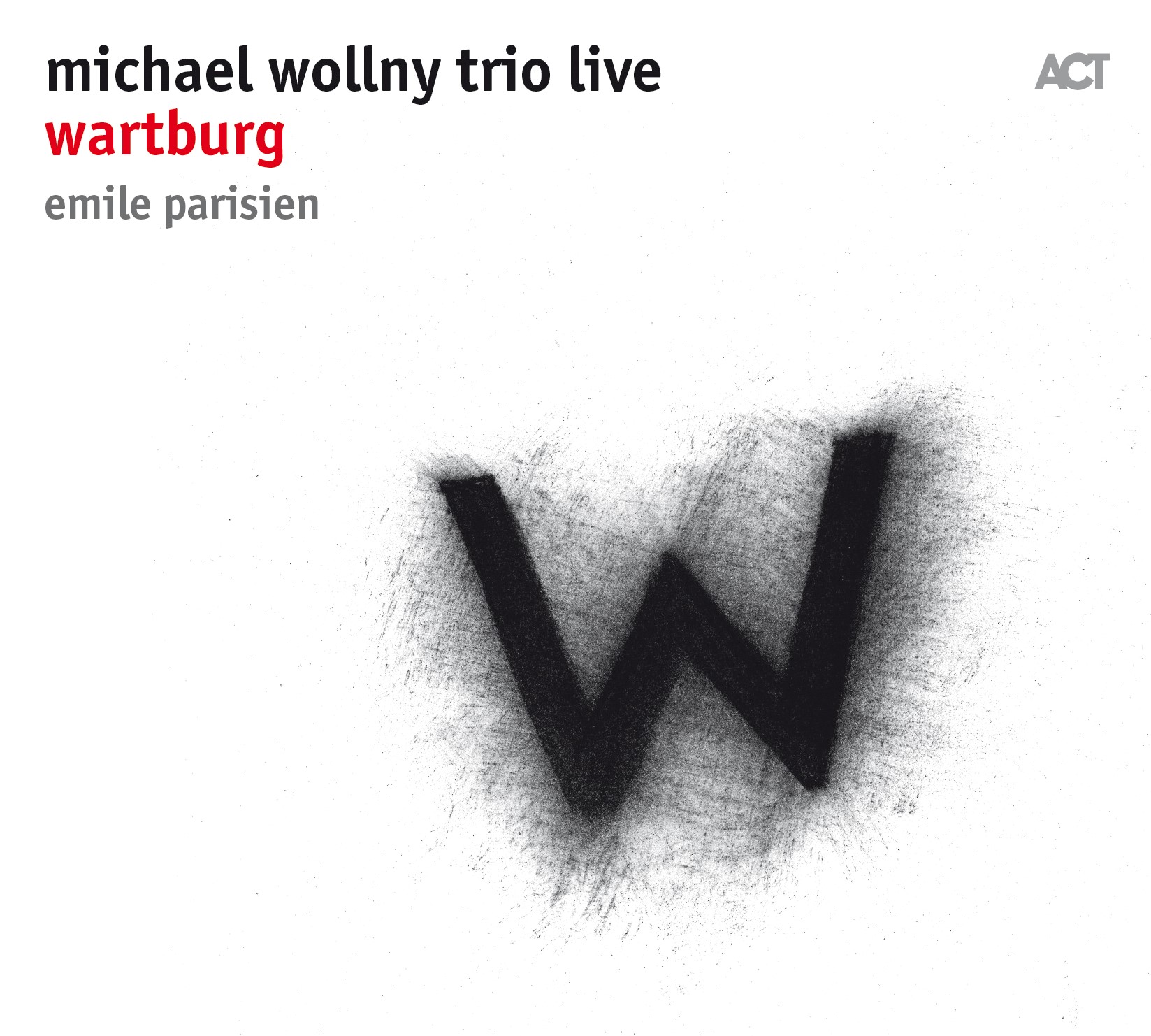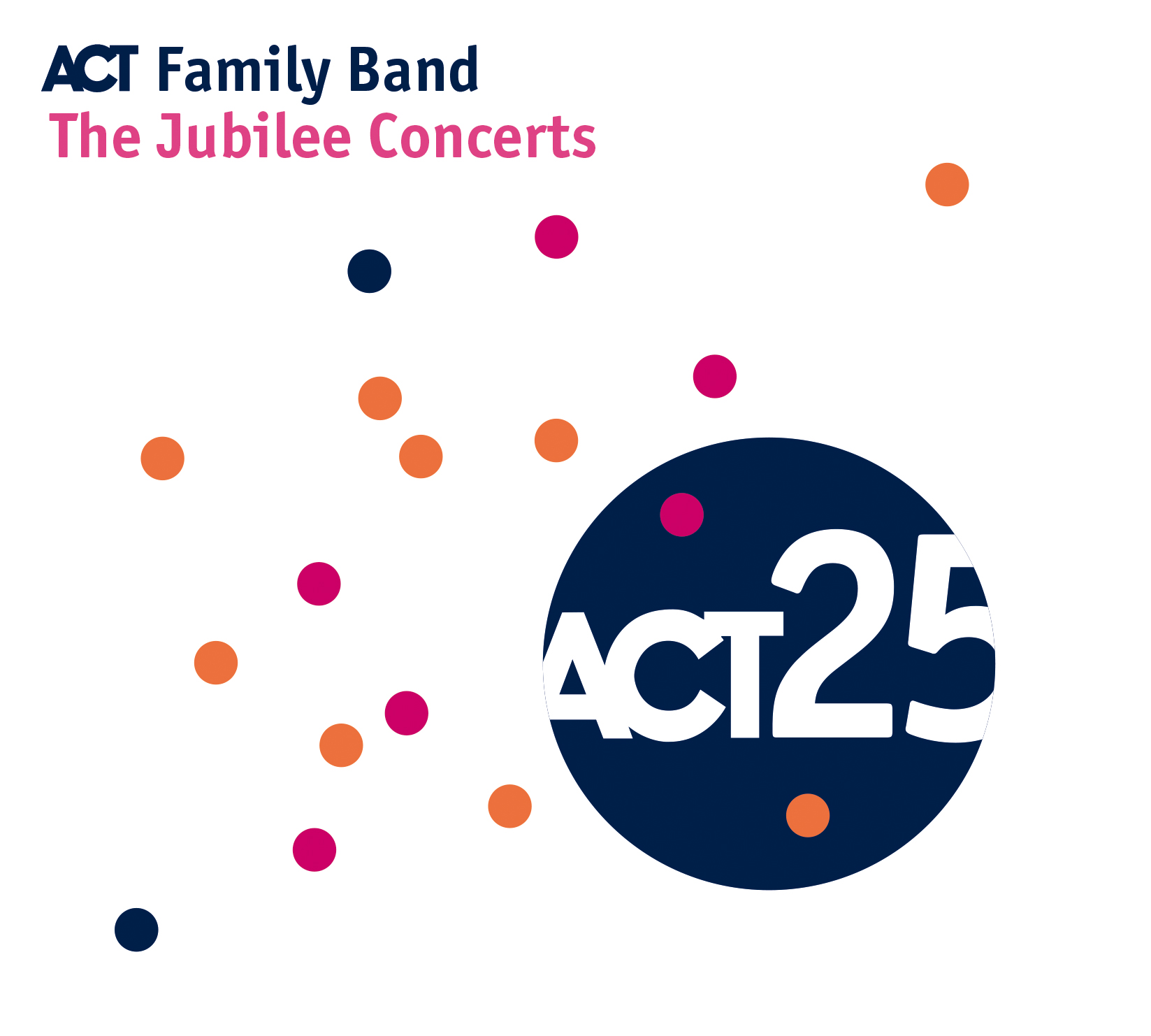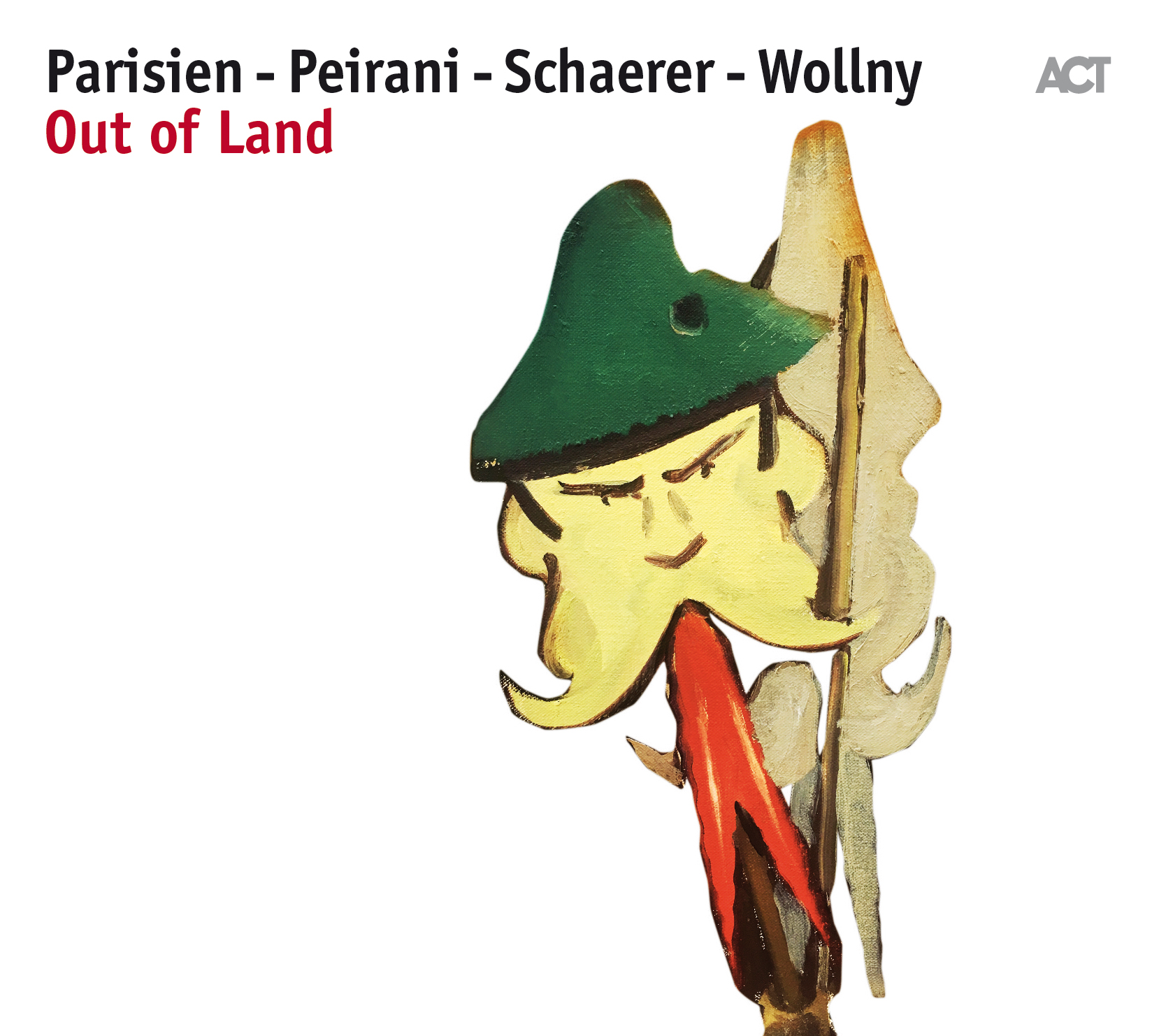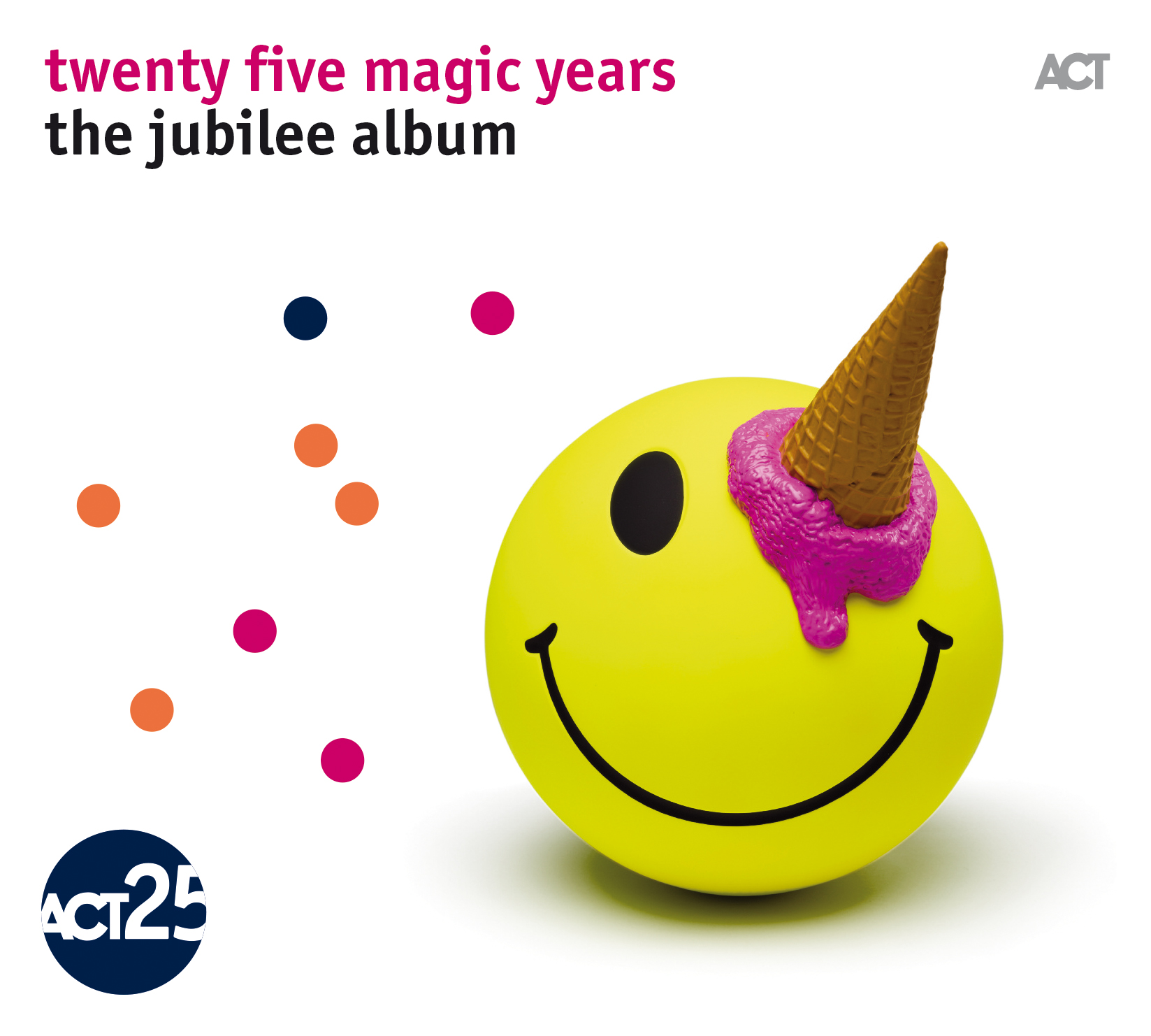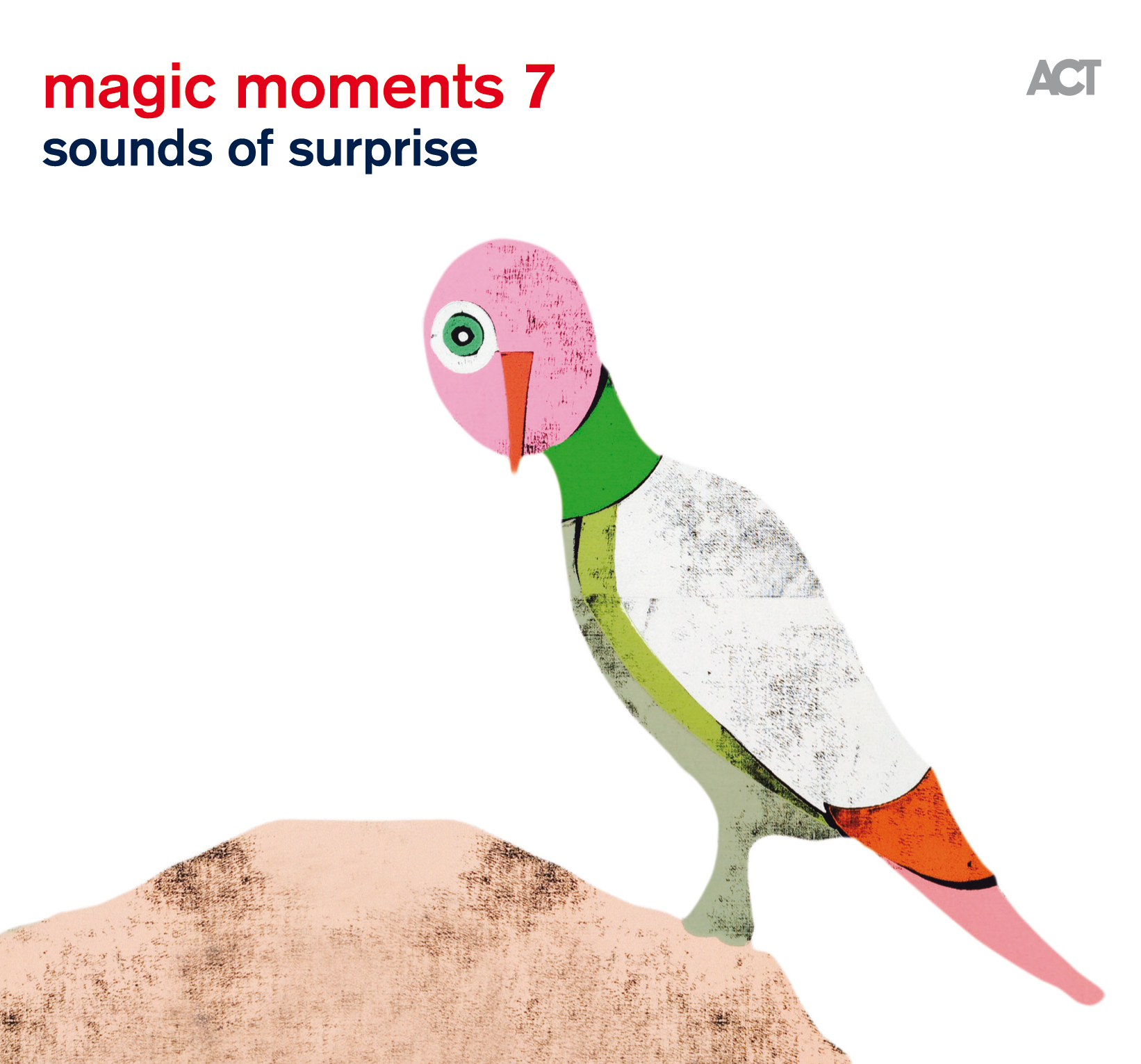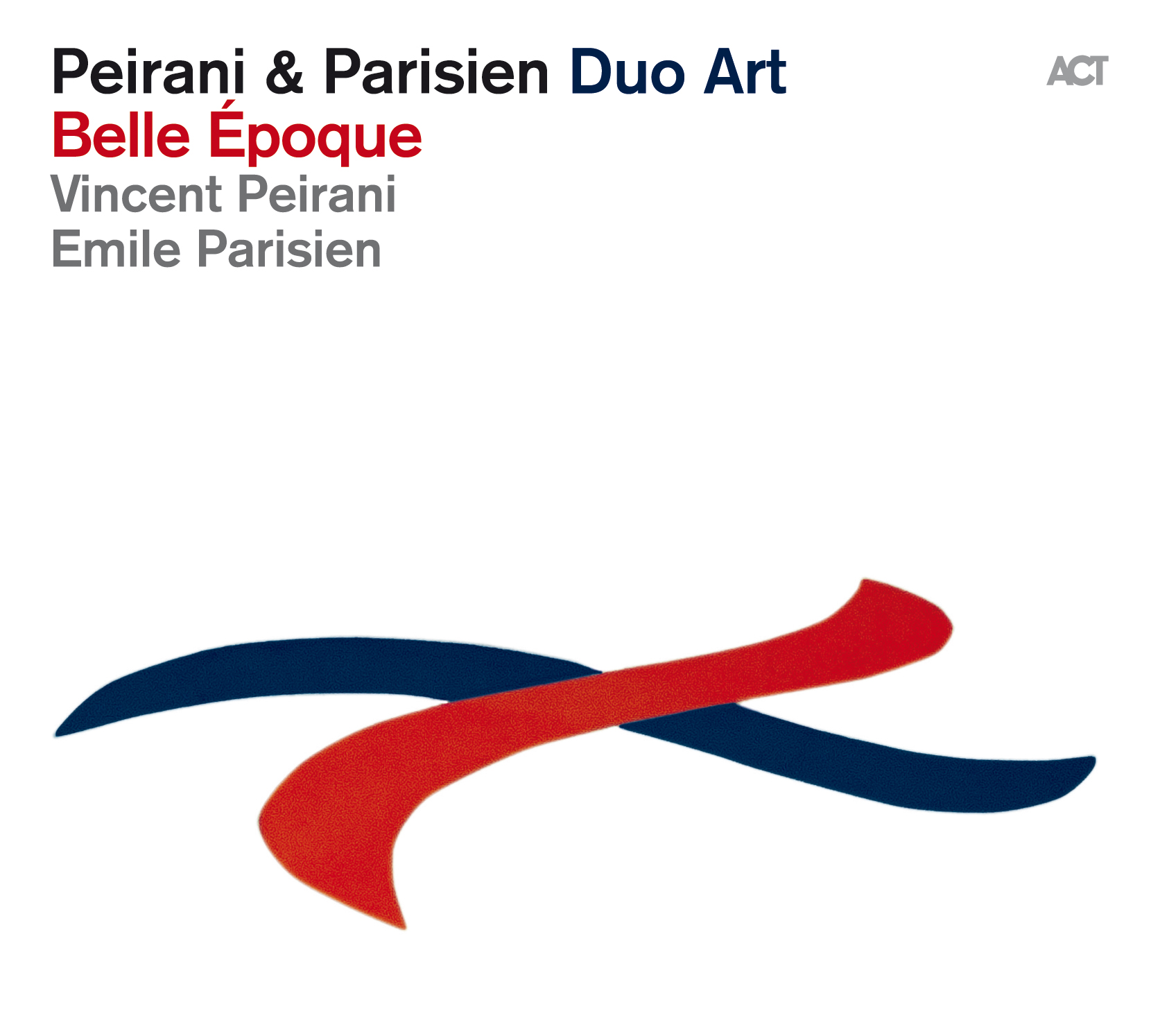Back
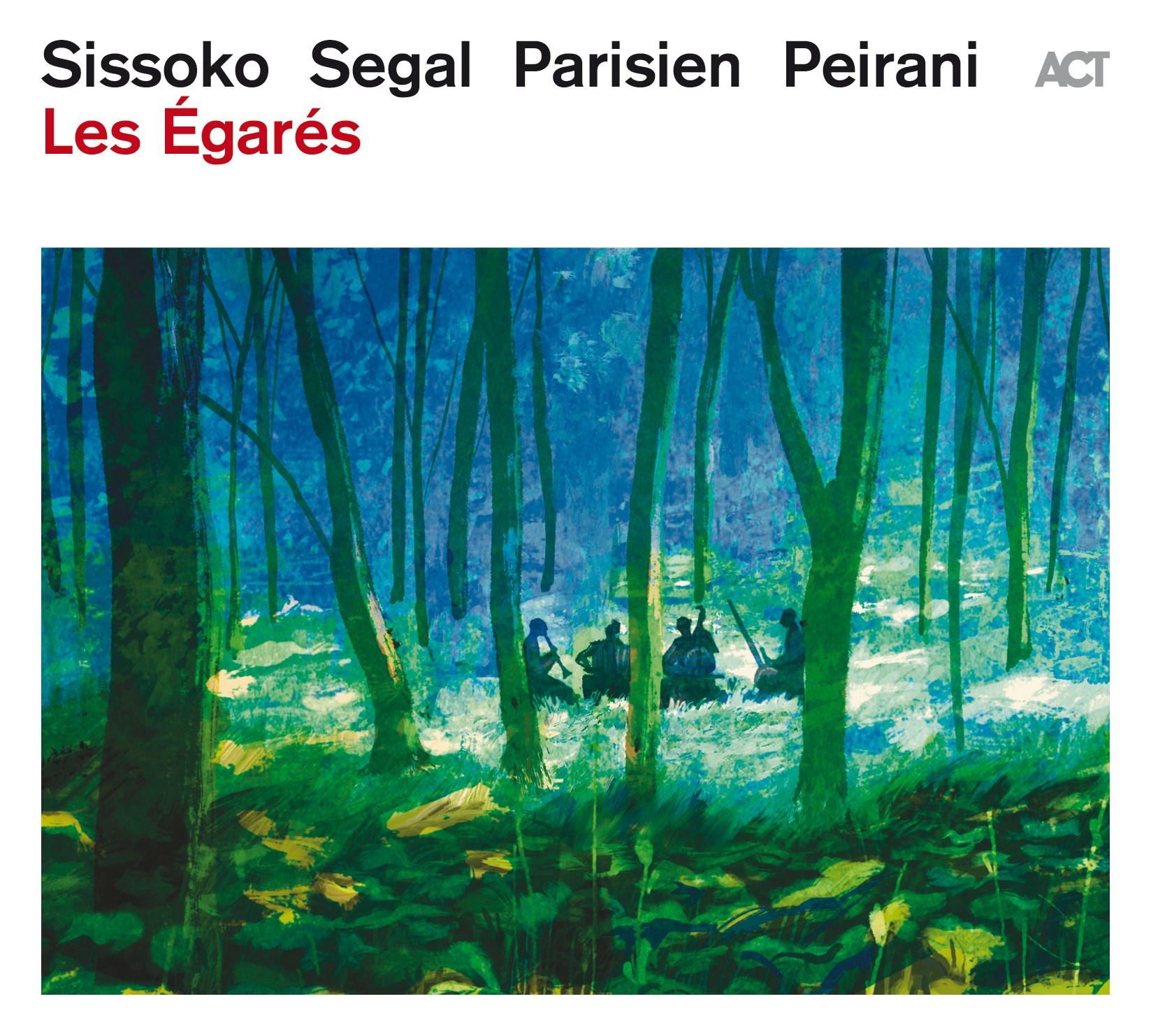
![Les Égarés Les Égarés]()


VÖ: 31.03.2023
Genre: French Jazz, World Jazz
Ballaké Sissoko / kora
Vincent Segal / cello
Emile Parisien / soprano saxophone
Vincent Peirani / accordion, accordina
Produced by Ballaké Sissoko, Vincent Segal, Emile Parisien and Vincent Peirani
the art in music: cover art by Benjamin Flao
Les Égarés is more than a record. It’s play space, a locus of musical life, a poetic asylum inhabited by two twosomes who for years have excelled in the art of crossfertilising sounds and transcending genres. They are Ballaké Sissoko (kora) and Vincent Segal (cello) on the one hand and Vincent Peirani (accordion) and Émile Parisien (sax) on the other.
In the case of these magicians, 2 + 2 no longer makes 4, it makes 1. Because what they concoct is most definitely a unity of spirit, a single and fluid sound that disdains all forms of egotistical competitiveness and puts each participant at the service of a common musical good. Neither jazz, nor trad, nor chamber, nor avant-garde, but a bit of all of them, all at once, Les Egarés is the kind of album that makes the ear the king of all instruments, an album where virtuosity expresses itself in the art of complicity, where the simple and grandiose idea of listening to one another results in the birth of a splendid song with four parts.
It all started with a summit meeting – high on a hill overlooking Lyon. That night in June 2019, at Les Nuits de Fourvière Festival, everyone was preparing to celebrate the 15th anniversary of the NØ FØRMAT label in a beautiful setting of Roman stones under an open sky. Vincent Segal played the role of master of ceremonies and held a kind of musical salon, gathering together guests of choice, among whom were Ballaké Sissoko, Vincent Peirani and Émile Parisien. The participants signed a pact: rehearsing must never take precedence over anything that showed signs of being a moment of spontaneous creation. But how to reign in such inspired musicians, all of them enlivened by this desire to converse in music? That afternoon, in an arbour that shielded them from the hot sun, they started to jam, just for the beauty and pleasure of it, and the music just flowed like a spring, fresh and limpid. It was the memory of this spontaneous outpouring that gave rise to the idea of forming a quartet of Egarés (‘those who have gone astray’). And that’s what the recording of the album felt like too: a spontaneous sharing of impulse and know-how.
Only one promise couldn’t be fulfilled, one long held dear by Vincent Segal, and that was to record in Bamako with his accomplice Ballaké Sissoko, as the pair had previously done for their debut Chamber Music. The extreme tension that currently holds sway in Mali scuppered this dream and, in the end, the four musicians set up their creative workshop in the alpine town of Gap. Outside, the weather was unpredictable; in the studio, the sun came out almost immediately.
But it wasn’t a bland unchanging beauty: from the first notes, everything was volatile, in motion, vibrating. No surprises there: none of these four free stylers likes to be imprisoned, whether it’s in a particular role, or in a particular style or sound to which their instrument could so easily be confined. Each bought a few rough diamonds along in their knapsack and submitted them to the group.
Tempered by that common fire, in the natural crucible of a live acoustic setting, those gems took on a new form, sublimating themselves and soon providing the material for an authentic and communal trove of music–musical gold in fact, melted down into a singular alloy of tones, touches, breaths and phrasings, that starts with a motif in unison that straightway spells out the basic alchemical formula.
Take ‘Ta Nye’ and ‘Banja’, marvels of the Manding canon that act like markers for the start and finish lines of the course taken by Les Egarés: two kora tunes that the counterpoint and echoes of the other instruments enrobe and subtly displace, with that commitment to softness, that care to accompany as closely and precisely as possibly that’s the prerogative of experienced musicians. Just listen to Emile Parisien’s madly airborne introduction to ‘Banja’. A scent of Armenia clothes the first few measures of ‘Izao’, a piece that slips and slides in the direction of Transylvania via Turkey, seemingly orchestrating a disconcerting marriage of kora and Bartok in certain passages, all underpinned by a throbbing bass. ‘Amenhotep’ sets off a slow but sure ascending spiral, a Coltrane-like trance that elevates the interlocking breath of accordion and sax. Around the melody of ‘Dou’, as if guarding a fire, each of the four men take it in turn to preserve the memory of an ancestral blues, giving it the heady swaying feeling of a lullaby. ‘Nomad’s Sky’ opens with majesty and mystery, like a plant with intoxicating scents, everything required to overwhelm the senses present in the obstinate veins of the bass, played on a cello, and the progressive deployment of the instrumental motifs. ‘La Chanson des Égarés’ derives from those irresistibly cadenced melodies that buzz inside you when, according to Vincent Segal, ‘you walk without knowing where you’re going, letting yourself drift and giving into the pleasure of being lost,’ – a pleasure that, all on its own, aptly sums up the philosophy of this record.
Vincent Segal / cello
Emile Parisien / soprano saxophone
Vincent Peirani / accordion, accordina
Produced by Ballaké Sissoko, Vincent Segal, Emile Parisien and Vincent Peirani
the art in music: cover art by Benjamin Flao
Les Égarés is more than a record. It’s play space, a locus of musical life, a poetic asylum inhabited by two twosomes who for years have excelled in the art of crossfertilising sounds and transcending genres. They are Ballaké Sissoko (kora) and Vincent Segal (cello) on the one hand and Vincent Peirani (accordion) and Émile Parisien (sax) on the other.
In the case of these magicians, 2 + 2 no longer makes 4, it makes 1. Because what they concoct is most definitely a unity of spirit, a single and fluid sound that disdains all forms of egotistical competitiveness and puts each participant at the service of a common musical good. Neither jazz, nor trad, nor chamber, nor avant-garde, but a bit of all of them, all at once, Les Egarés is the kind of album that makes the ear the king of all instruments, an album where virtuosity expresses itself in the art of complicity, where the simple and grandiose idea of listening to one another results in the birth of a splendid song with four parts.
It all started with a summit meeting – high on a hill overlooking Lyon. That night in June 2019, at Les Nuits de Fourvière Festival, everyone was preparing to celebrate the 15th anniversary of the NØ FØRMAT label in a beautiful setting of Roman stones under an open sky. Vincent Segal played the role of master of ceremonies and held a kind of musical salon, gathering together guests of choice, among whom were Ballaké Sissoko, Vincent Peirani and Émile Parisien. The participants signed a pact: rehearsing must never take precedence over anything that showed signs of being a moment of spontaneous creation. But how to reign in such inspired musicians, all of them enlivened by this desire to converse in music? That afternoon, in an arbour that shielded them from the hot sun, they started to jam, just for the beauty and pleasure of it, and the music just flowed like a spring, fresh and limpid. It was the memory of this spontaneous outpouring that gave rise to the idea of forming a quartet of Egarés (‘those who have gone astray’). And that’s what the recording of the album felt like too: a spontaneous sharing of impulse and know-how.
Only one promise couldn’t be fulfilled, one long held dear by Vincent Segal, and that was to record in Bamako with his accomplice Ballaké Sissoko, as the pair had previously done for their debut Chamber Music. The extreme tension that currently holds sway in Mali scuppered this dream and, in the end, the four musicians set up their creative workshop in the alpine town of Gap. Outside, the weather was unpredictable; in the studio, the sun came out almost immediately.
But it wasn’t a bland unchanging beauty: from the first notes, everything was volatile, in motion, vibrating. No surprises there: none of these four free stylers likes to be imprisoned, whether it’s in a particular role, or in a particular style or sound to which their instrument could so easily be confined. Each bought a few rough diamonds along in their knapsack and submitted them to the group.
Tempered by that common fire, in the natural crucible of a live acoustic setting, those gems took on a new form, sublimating themselves and soon providing the material for an authentic and communal trove of music–musical gold in fact, melted down into a singular alloy of tones, touches, breaths and phrasings, that starts with a motif in unison that straightway spells out the basic alchemical formula.
Take ‘Ta Nye’ and ‘Banja’, marvels of the Manding canon that act like markers for the start and finish lines of the course taken by Les Egarés: two kora tunes that the counterpoint and echoes of the other instruments enrobe and subtly displace, with that commitment to softness, that care to accompany as closely and precisely as possibly that’s the prerogative of experienced musicians. Just listen to Emile Parisien’s madly airborne introduction to ‘Banja’. A scent of Armenia clothes the first few measures of ‘Izao’, a piece that slips and slides in the direction of Transylvania via Turkey, seemingly orchestrating a disconcerting marriage of kora and Bartok in certain passages, all underpinned by a throbbing bass. ‘Amenhotep’ sets off a slow but sure ascending spiral, a Coltrane-like trance that elevates the interlocking breath of accordion and sax. Around the melody of ‘Dou’, as if guarding a fire, each of the four men take it in turn to preserve the memory of an ancestral blues, giving it the heady swaying feeling of a lullaby. ‘Nomad’s Sky’ opens with majesty and mystery, like a plant with intoxicating scents, everything required to overwhelm the senses present in the obstinate veins of the bass, played on a cello, and the progressive deployment of the instrumental motifs. ‘La Chanson des Égarés’ derives from those irresistibly cadenced melodies that buzz inside you when, according to Vincent Segal, ‘you walk without knowing where you’re going, letting yourself drift and giving into the pleasure of being lost,’ – a pleasure that, all on its own, aptly sums up the philosophy of this record.
"Les Égarés" brings together Kora icon Ballaké Sissoko, cello boundary-pusher Vincent Segal, soprano saxophone virtuoso Emile Parisien, and accordion innovator Vincent Peirani. Four unique musicians engaging in a playful and fluid exchange of impulses, ideas, and stories. Jazz serves as their musical language without boundaries.
Emile Parisien
Vital, curious and progressive, the French scene is setting important milestones for the development of contemporary European jazz. Despite all its openness to musical cultures, genres and currents, it has never lost its grip on the ground.Progress on the feet of its own tradition characterises France's jazz and the saxophonist Emile Parisien is one of its protagonists: a jazz visionary with one foot in the past and his gaze far ahead. This makes him the "best newcomer to European jazz in a long time" (Le Monde), who should be given "undivided attention" (Norddeutscher Rundfunk). Parisien's musical coordinates are broadly defined, from the folkloric tradition of his homeland to the compositional strategies of new music to the melodic and harmonic abstraction of free jazz. The special quality of this broad musical field lies in the naturalness with which it is explored. Nothing in Parisien's music seems calculated or forced. Instead, the genre characteristics flow into one another in his music in an unstrained, light-hearted way and without conceptual protection.The result sounds furious and is great listening fun in many facets: from provocative-anarchic to rousing-swinging. Anyone who has ever experienced the lively Frenchman live on stage knows that he lives jazz with heart and soul. Authenticity and honesty resonate in every note. Awards were not long in coming: Parisien was awarded the two most important jazz prizes in France, the "Prix Django Reinhard 2012" and the "Victoires du Jazz 2014", as Artist of the Year. In Germany, he received the ECHO Jazz 2015 in the category "Best International Ensemble", for the rousing duo with his musical alter ego and close friend, the accordionist Vincent Peirani.
€17.50*
€17.50*
€20.00*
€17.50*
Emile Parisien
CD
€9.90*
Tip
€17.50*
€20.00*
€17.50*
CD
€17.50*
€17.50*
€17.50*
€17.50*
